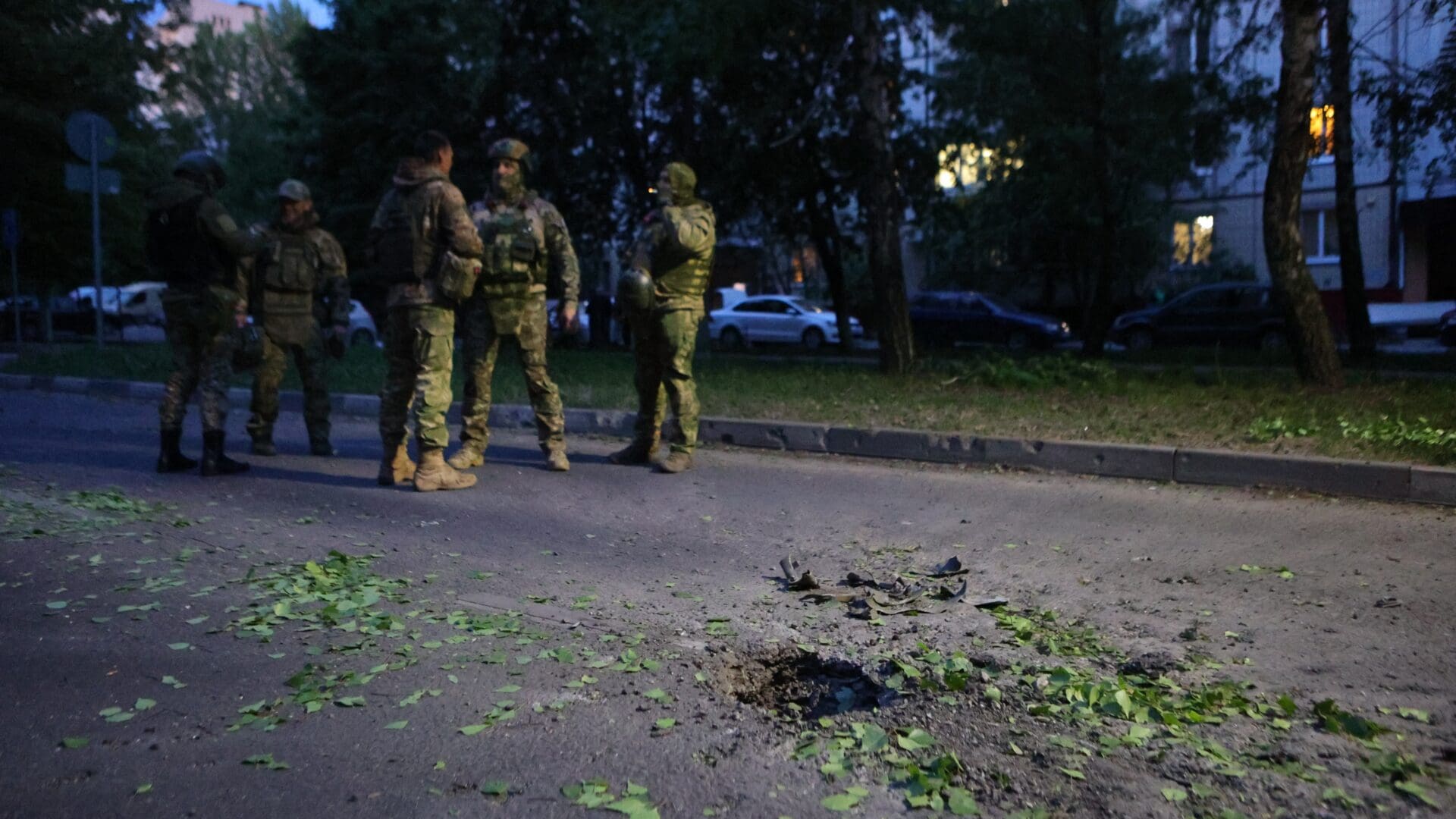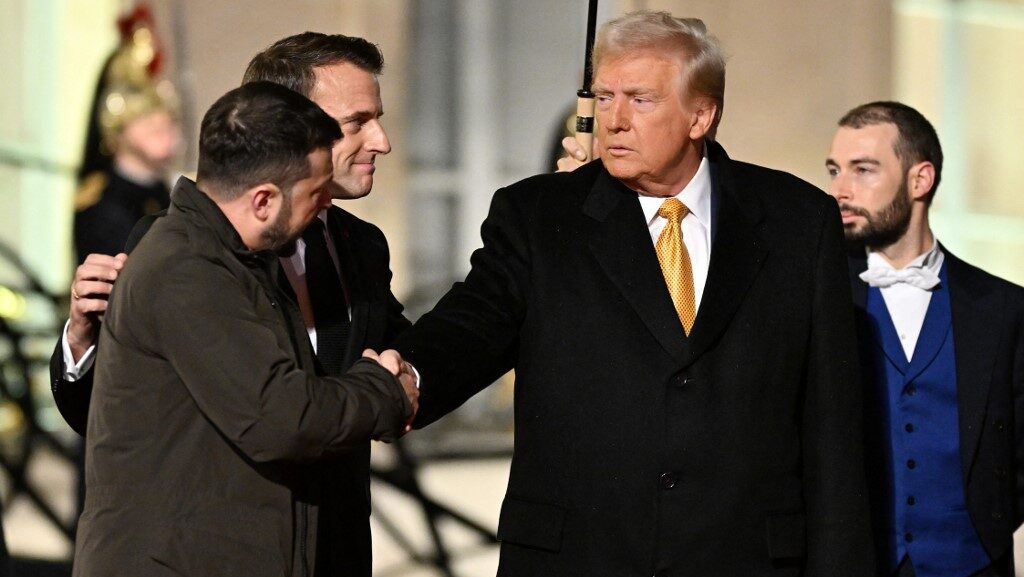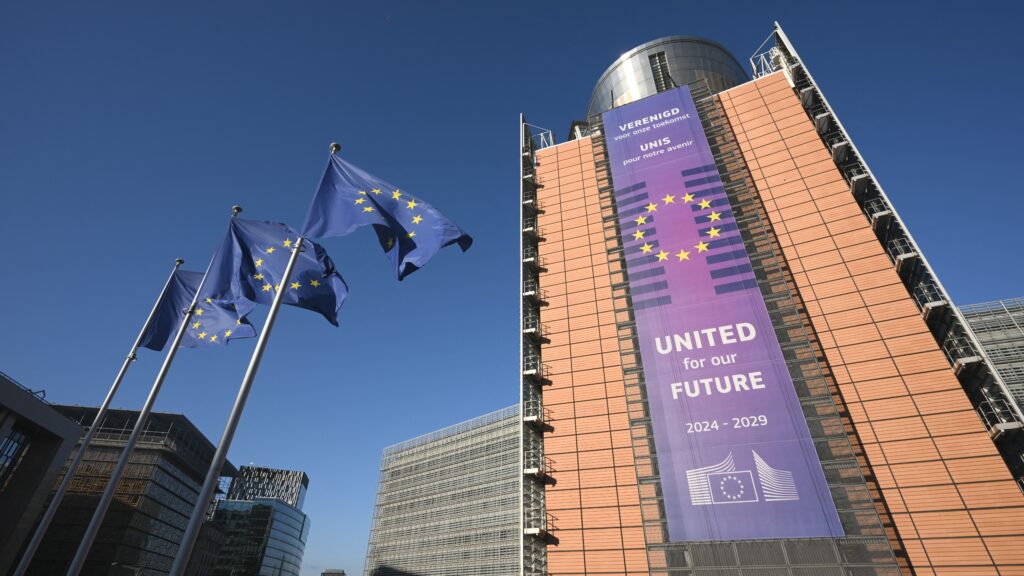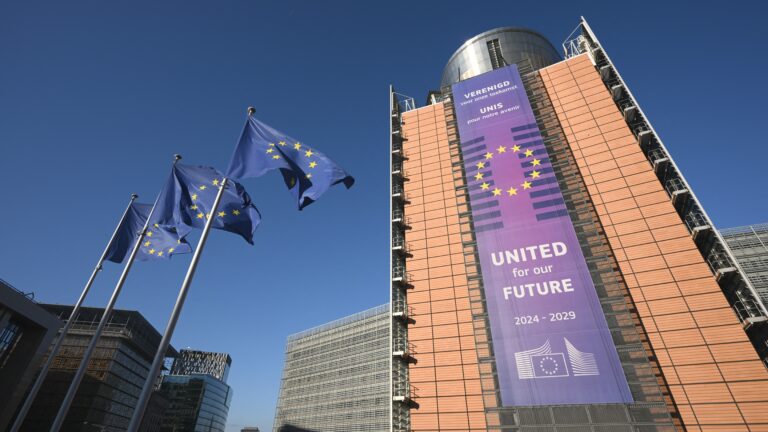One of the justifications used in favour of supporting Ukraine is the belief that if Kyiv falls nothing can stop Russia from being emboldened and attacking the Baltics and other Eastern European countries. This misconception, however, does not consider how limited Russia’s capability to fight is.
The sentiment that Ukraine is defending the whole of Europe, and if it falls, the eastern flank of NATO will be threatened by Moscow, was echoed both in Zelenskyy’s recent speech in front of the European Parliament, where he argued that Ukrainians are fighting to preserve the ‘European way of life’, and also by some analyses of the renowned Institute for the Study of War. The misconception that the fate and security of the EU or indeed of NATO’ Eastern European members states would be threatened by Moscow if it wins the war on Ukraine, however, does not consider that Russia has neither the capacity nor the will to pose a threat to the Western alliance.
The vestiges of Cold War thinking continue to linger on, with the fear of a hypothetical Russia–West conflict escalating into a war that ends civilization imprinted on our minds so much that it has never actually gone away. Nevertheless, it must be recognized that Russia has lost much of its power compared to its Communist era strength and would struggle if it wanted to fight against the West. To be precise, barring the suicidal option of launching a nuclear holocaust and burning everyone, including itself, to smouldering ashes, Russia is not even economically competitive enough to master sufficient military power to achieve superiority in brute force over Ukraine, not to mention having the strength to go on and attack any NATO country.
Economy
Albeit the Russian economy has proven to be resilient to sanctions, its size is nevertheless relatively small compared to that of some Western countries. Russia’s gross domestic product is comparable or even less than that of countries such as Italy, Canada, or just the state of Texas taken independently, despite the fact that all these have a much smaller population than Russia. As military theorist Raimondo Montecuccoli famously said, for war you need three things: ‘money, money and money’, so the size of a country’s economy matters when considering its ability to wage war. What can give an even greater advantage in war is the country’s speed and ability to make an economic shift towards supporting the war effort. Despite having waged a hot war in Ukraine for two years, this shift has still not happened in Russia.
The contrast between peaceful life and the brutal reality of the war is not so apparent in Russia. Major cities live in pocket realities relatively untouched by the conflict. Nor did enormous city-sized factories emerge which churn out tanks and drones daily, and citizens have not been removed from their normal routines for the sole purpose of assembling military gear in three shifts. Russia has so far chosen to buy drones from Iran and, allegedly, artillery shells from North Korea instead of disturbing the comfort of its people.
Overall, Russia does not exactly paint the picture of a Stalinist USSR with megalomaniacally huge industrial powers that is capable of seizing half of Europe within the span of months. The Economist’s recent calculation of military spending also testifies to Russia’s limited means of waging war. According to The Economist, the United States has spent $916 bn on its military, and many of the 31 NATO allies’ military budgets also increased over the past years. Despite its involvement in a war, Russia spent only 8 per cent of the NATO total in 2023 on its military (24 per cent if adjusted for military-PPP). In short, Russia’s access to ‘money, money and money’ to wage war is more limited than that of the NATO alliance, which demonstrates the Kremlin’s inability to be a threat to the West.
Manpower and Allies
During World War II the Soviet Union’s manpower could make up for much of its economic and technological inferiority. Contrary to the USSR, however, Russia does not have the same masses of people available. In the 1990s the population of the Soviet Union was around 290 million people. Now the Russian Federation has around 140 million citizens, some 40 million of whom are pensioners. The population of the United States and the European Union in comparison is 330 million and 440 million respectively. The difference in the size of Russia and the Western bloc’s populations also demonstrates that while Western countries are part of a strong alliance, Russia has hardly any dedicated military ally. The Western world has shown remarkable coordination in supporting Ukraine, a country that is not even a member of its military alliance, so there is no reason to assume that it would not do the same and even more to defend one of its own. More than two years into the war Russia, on the other hand, secured no one’s unquestionable support for the war. North Korea, Iran and China seem to be more motivated by the economic profit from supplying arms to Russia than ideological commitment to the Kremlin’s cause. Any rhetorical support Belarus might provide to Russia is more out of need, due to its dependency on the Kremlin, rather than enthusiasm. To sum up, the considerably smaller manpower and the lack of allies further decrease Russia’s ability to be a real threat to the West in any meaningful way.
Administration
The size of a country’s population is one thing, its ability to mobilize men is another. It is questionable whether Russia has the administrative capacity to mobilize its people. Albeit Russia is a de facto dictatorship, the state possesses no totalitarian mechanisms of mass population control. During the active phase of the mobilization, Russian military recruiting offices demonstrated that they are disorganized, with paper-based outdated documentation and inability to handle the work burden. As a result, they often mistakenly sent mobilization letters to those categories of the populace who were ineligible for service, including children, women, migrants, the elderly and even the dead. The government has tried to fix the bureaucratic chaos by introducing a system of recruitment using online draft letters, entering all information about military-aged men into one electronic database. Albeit the law about online mobilization was signed in April 2023, over a year later in May 2024 the online system is still not operational. The data of Russian draft-age men are still mostly paper-based, drastically hindering the huge country’s ability to cost-effectively reach and draft people.
Political Will and Resistance
The goals Russia outlined when it invaded Ukraine were first, to protect the people of the Donbass from a ‘genocide’; second, to de-nazify Ukraine; third, to demilitarize Ukraine. In other words, the Kremlin outlined no objectives with regards to any other Eastern European countries. The goals of the so-called ‘special military operation’ all revolved around Ukraine, a country with which the Kremlin has had a special obsession unlike with any other country. Since the Kremlin has demonstrated no indication that it intends to attack any other country but Ukraine, there is no sensible reason to fear a ‘Russian threat’ in the rest of the Eastern European region.
While Russia does not seem to possess the political power anymore to even openly mobilize (as it did in September 2022, creating unprecedented panic in Russia), Ukrainians in the occupied territories do seem to be attracted to resistance groups. The larger the territories Russia occupies from Ukraine, the larger the resistance grows against its rule, further hindering its strength to threaten the West. Members of the Ukrainian resistance already managed to kidnap and murder a pro-Russian mayor of a city in Luhansk; during the Russian presidential election, in the occupied regions members of the Ukrainian resistance blew up polling stations, injuring Russian servicemen; resistance members also poisoned people in Mariupol who had organized the election locally. In Nova Kakhovka, Kherson region the offices of Putin’s party, United Russia were blown up by Ukrainian guerilla fighters. And these are only a few examples of the damage Ukrainians in the occupied territories have inflicted on the Russians. It seems that the larger the territories under Russian control, the more problems it will have with organized resistance groups. Consequently, the more troops it will need to police the territories seized, which further decreases its available capabilities to turn against any other Eastern European country.







